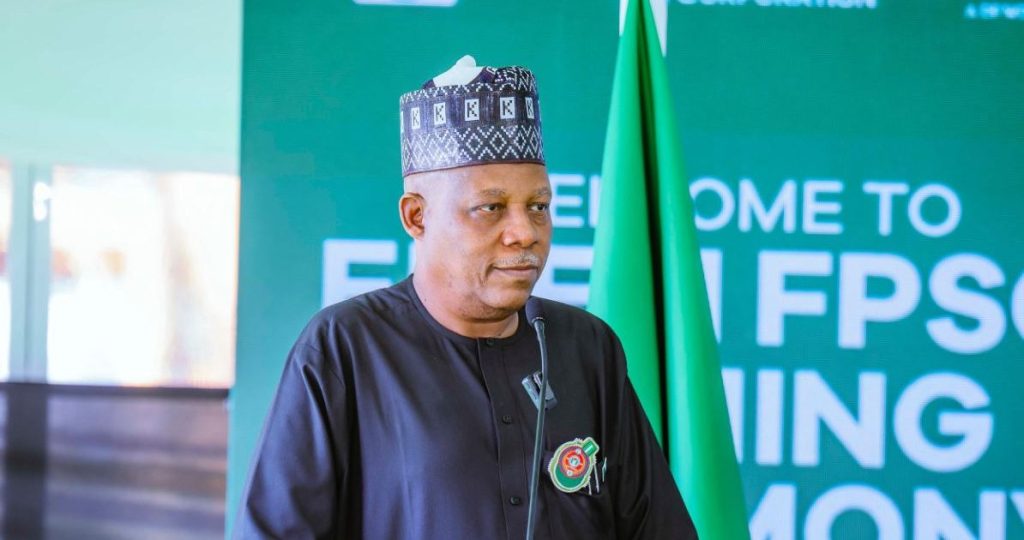Nigeria faces a complex web of interconnected risks, ranging from climate change and cybersecurity threats to economic instability and the disruptive potential of emerging technologies. These risks are not abstract future possibilities; they are immediate and tangible challenges impacting the nation’s present and future trajectory. Recognizing the urgency of these threats, key figures in Nigerian leadership, including Vice President Kashim Shettima, Finance Minister Wale Edun, Central Bank Governor Olayemi Cardoso, and Chartered Risk Management Institute of Nigeria (CRMI) President Kevin Ugwuoke, have emphasized the critical need for a nationwide embrace of risk management as a fundamental cultural shift, rather than a mere policy tool. This call to action underscores the understanding that building resilience requires a collective mindset that permeates all levels of society, from individual households and businesses to government institutions and national policy-making.
The interconnectedness of global risks necessitates a holistic approach to risk management. Climate change, for instance, not only poses environmental threats but also exacerbates economic vulnerabilities and social inequalities. Similarly, cybersecurity breaches can cripple critical infrastructure, disrupt financial markets, and compromise sensitive data, impacting national security and individual privacy. The rapid advancement of technologies like artificial intelligence and blockchain presents both opportunities and risks, demanding careful consideration and strategic planning to harness their potential while mitigating potential downsides. Nigeria’s vulnerability to these global risks is heightened by its unique context, including its dependence on natural resources, its rapidly growing population, and its existing socio-economic challenges.
Nigeria’s leaders are advocating for a proactive and anticipatory approach to risk management. Rather than reacting to crises after they occur, the emphasis is on building resilience and preparedness to mitigate potential damage and capitalize on emerging opportunities. This involves fostering a culture of risk awareness across all sectors of society, empowering individuals, businesses, and institutions to identify, assess, and manage risks effectively. This shift in mindset requires a move beyond simply complying with risk management policies to proactively integrating risk considerations into everyday decision-making processes. This cultural transformation is essential for fostering sustainable growth and ensuring long-term stability in the face of evolving global challenges.
The Nigerian government is already taking steps to integrate risk management into its economic policies. Reforms such as the removal of fuel subsidies and the unification of exchange rates, while initially painful, are viewed as necessary adjustments to address underlying economic vulnerabilities and build a more resilient and sustainable economic foundation. These reforms demonstrate a commitment to addressing long-term challenges rather than resorting to short-term fixes. By tackling these structural issues head-on, the government aims to create an environment conducive to sustainable economic growth and enhanced resilience to external shocks. The emphasis on proactive risk management is not simply about avoiding negative outcomes; it is also about identifying and seizing opportunities to strengthen the nation’s economic position.
The CRMI’s 24th Annual International Conference, themed “Global Risks, Local Solutions,” provided a vital platform for stakeholders from various sectors to engage in collaborative discussions and knowledge sharing. The conference served as a forum for policymakers, regulators, business leaders, academics, and practitioners to exchange insights and develop strategies for addressing the multifaceted challenges posed by global risks. This collaborative approach is crucial for fostering a comprehensive and effective risk management ecosystem. By bringing together diverse perspectives and expertise, the conference aimed to facilitate the development of innovative solutions tailored to Nigeria’s specific context.
The overarching message emanating from the conference and the pronouncements of Nigeria’s leaders is that risk management is not merely a technical exercise but a fundamental aspect of responsible leadership and informed decision-making. It is a shared responsibility that requires active participation from all stakeholders, including government, the private sector, and individual citizens. By embracing a culture of risk awareness and preparedness, Nigeria can transform potential vulnerabilities into opportunities for growth, innovation, and enhanced resilience. This proactive approach to risk management is essential not only for navigating current challenges but also for securing a sustainable and prosperous future for the nation.














